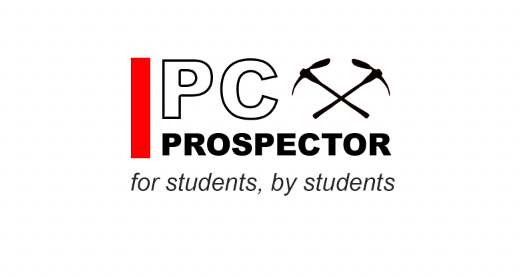Utah Propositions Overview
Midterms are not only about people getting elected, but they also have different initiatives that people can vote for or against. This year there were four total propositions, though only three passed, the gas tax proposition was the one that didn’t pass. These three may offer a significant change for life in Utah, especially for those directly affected.
Proposition 2: Proposition 2 was an initiative supporting the legalization of medical marijuana, passing with a 52% majority. It is now one of 32 states where marijuana is legal in some form, either just medical or recreational. Prior to the effects of Proposition 2, the only way that cannabis can be grown by the state and prescribed to people with less than 6 months to live or a qualified research institution. This proposition would allow for private facilities to grow, process, test and sell medical cannabis. The smoking or public use of cannabis will continue to be prohibited, except in medical emergencies. To qualify for it, a person has to present their case in front of a five-person board of physicians to show that their condition impairs the person’s life and that cannabis is the best solution to this problem.
Proposition 3: Proposition 3 will expand Medicaid by raising sales taxes from 4.70% to 4.85% to expand Medicaid to cover any person under 65 who’s income is equal to or below 138 percent of the federal poverty line. The regulations before allowed Medicaid to cover people between 55% and 133% of the poverty line based on monthly income and family members. There are also non-financial requirements to qualify. For 2019, the federal government covers 93% of Medicaid, while in 2020 and subsequent years, it will be 90%. During the 2018 legislative session in Utah, the legislature passed and the governor signed an alternative version of Medicaid expansion that would include approximately 70,000 additional people under coverage—compared to the estimated 150,000 that would gain coverage under the traditional expansion. The alternative version—which included a work, volunteer, or educational requirement to qualify and certain contingencies—needs special approval from the federal government to become effective.
Proposition 4: Proposition 4 is still up in the air at the moment with ballots both from Salt Lake and Utah County still being counted. If it passes, a seven-member, independent redistricting commission will redraw the Utah lines for the purpose of providing a more fair district and decrease the flaws often associated with Utah districts. This would change from the legislature redrawing the lines currently. The independent commission would be chosen from the legislature but wouldn’t be qualified if, during the four years before appointment, he or she was a lobbyist; was a candidate for or holder of any political or elected office; received compensation from a political party, political party committee, or political action committee associated with a political party. Members would submit redistricting plans to the Legislature for approval or rejection.





